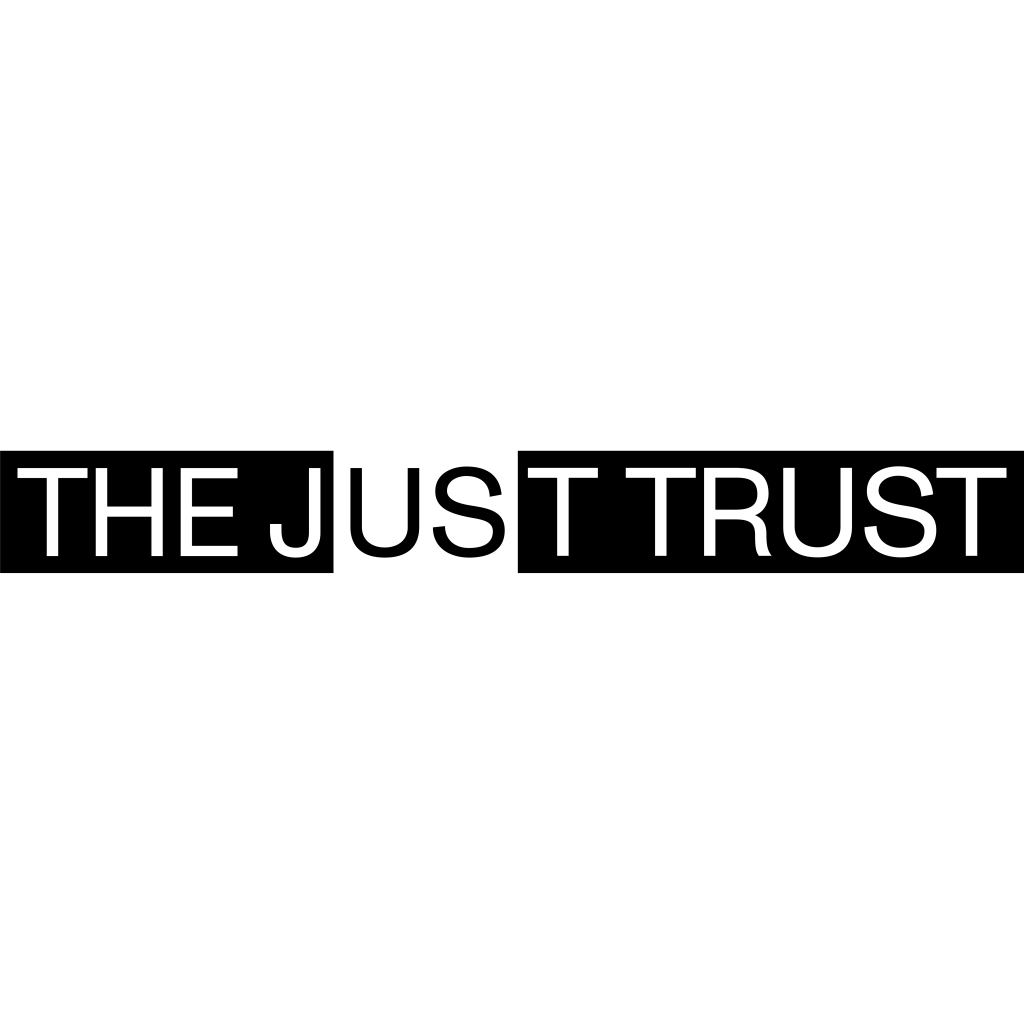The Veterans Justice Commission is examining the extent and nature of veterans’ involvement in the criminal justice system and developing recommendations for evidence-based policy changes that enhance safety, health, and justice.
Launched in August 2022, the Commission is assessing the risk factors that drive veterans’ justice-system involvement, the adequacy of transitional assistance for military service members as they reenter civilian life, and the effectiveness of the justice system response when veterans break the law.
The Commission is chaired by former U.S. Defense Secretary and U.S. Senator Charles Hagel and includes former Defense Secretary and White House Chief of Staff Leon Panetta as well as 13 other leaders representing veterans, the military, the Veterans Administration, community advocates, and various sectors of the justice system.
Commission Recommendations
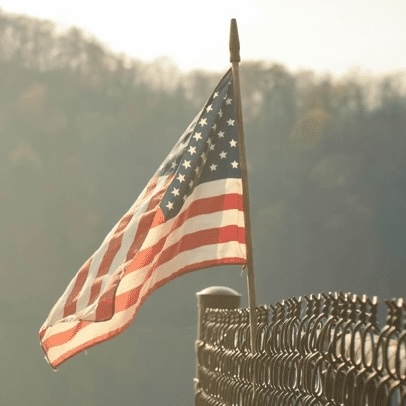
From Confinement to Community: Supporting Successful Veteran Reentry and Employment
In its third set of recommendations, the Commission asks Congress to reverse a ban on VA-provided healthcare for incarcerated veterans and urges government agencies and the business community to prioritize the hiring of “second chance veterans.”

From Duty to Dignity: Supporting Service Members in Their Transition to Civilian Life
In its second set of recommendations, the Veterans Justice Commission proposed a series of actions to boost support for service members in transition.
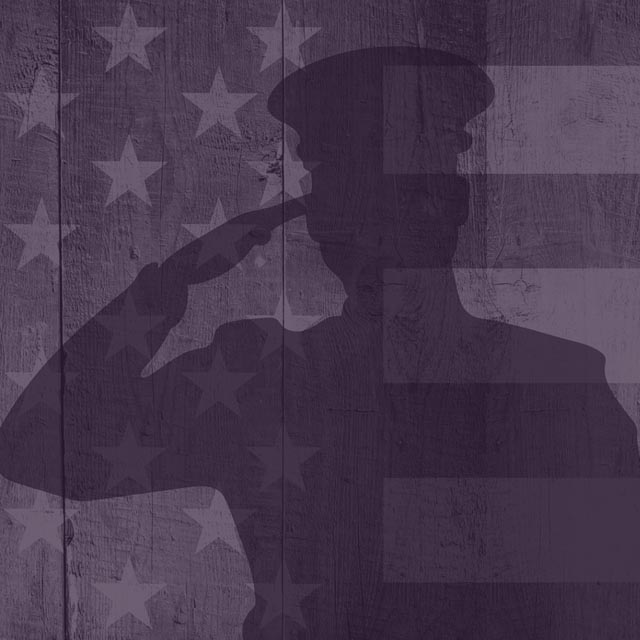
Honoring Service, Advancing Safety: Supporting Veterans from Arrest Through Sentencing
In its first set of recommendations, the Commission calls for better identification of veterans at the front end of the justice system, increased diversion of veterans away from prosecution and incarceration, and a national center to advance best practices for justice-involved veterans and coordinate support.
The Challenge
The Opportunity
Commission Publications

Outcomes from a Jail-Based Veterans Housing Unit
This brief focuses on the effectiveness and potential impact of veterans housing units in correctional facilities, which aim to provide unique rehabilitation and support for incarcerated veterans.

Falling Through the Cracks
This brief explores results of a 2024 survey about how community supervision agents identify veterans under pretrial supervision, probation, and parole and whether their offices make referrals tailored to the veteran population.

Invisible Warriors: Veterans in State Prisons
Better identification of veterans in prisons is essential for connecting them with services, yet inconsistent definition and methods hinder accuracy. This report assesses current practices, estimates veteran populations, and makes recommendations to improve accuracy.

Can Suicide be Predicted for Justice-Involved Veterans?
Military veterans have more than twice the risk of suicide death as non-veterans. This brief examines a federal program designed to identify veterans with the highest suicide risk in order to provide enhanced outreach and support. It finds that the prediction model had low accuracy for identifying veterans who died by suicide.

Exploring Biomarker Technology to Enhance the Diagnosis and Treatment of PTSD in Justice-Involved Veterans
Identifying reliable biomarkers for PTSD may provide clinicians with an objective measure to use in diagnosing people at high risk for the disorder, leading to improved prevention and treatment strategies.
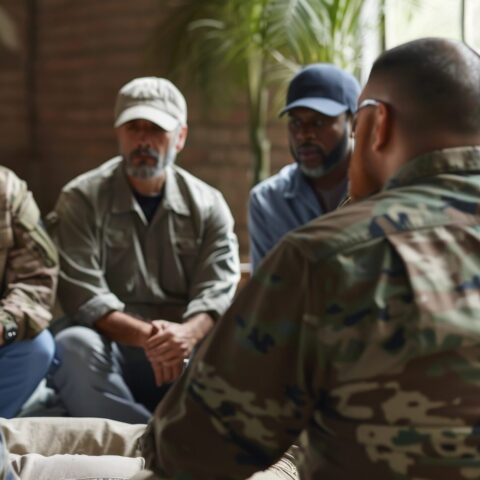
Reflections: A Conversation With Veterans About Transition and Their Experiences in the Criminal Justice System
What do justice-involved veterans have to say about the adequacy of support for service members as they transition back to civilian life, the risk factors that drove their involvement with the criminal justice system, and their path through the system? We went straight to the source.

Healing on the Inside: A History of Healthcare for Incarcerated Veterans
This brief examines the history of healthcare for incarcerated veterans, highlighting challenges and obstacles as well as opportunities to improve outcomes.
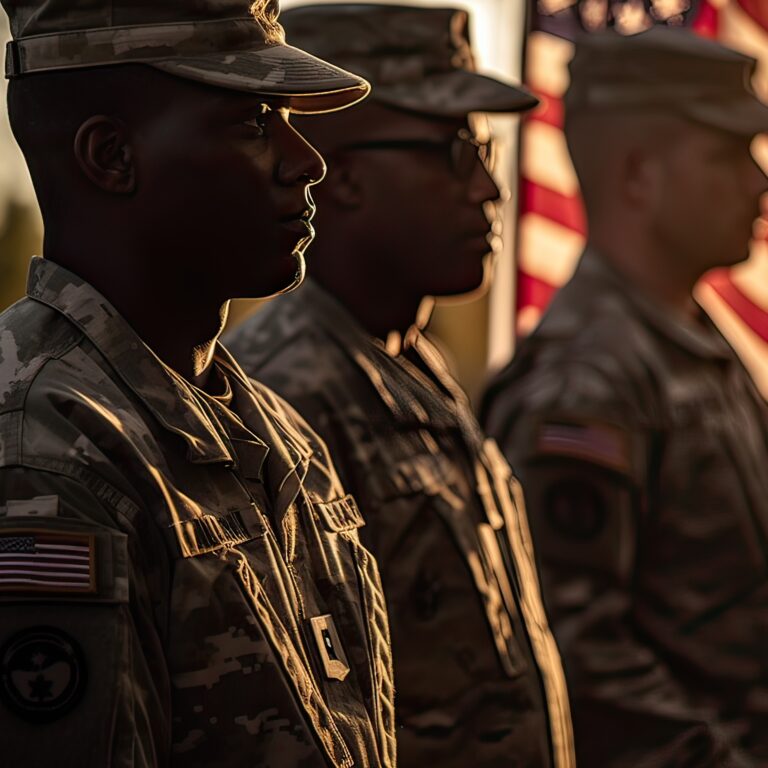
Racial Disparities Among Veterans
What does the data tell us about racial disparities among veterans? This fact sheet provides a snapshot, examining the racial breakdown for arrests, incarceration, homelessness, military justice, and more.
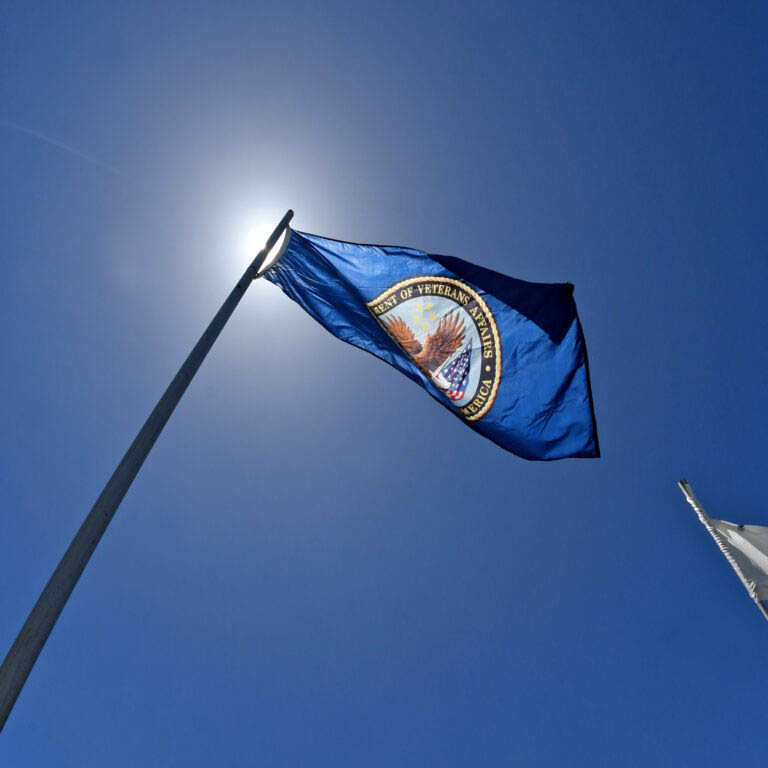
Unwavering Intent: Congress' Enduring Commitment to Veterans Benefits
The VA denies benefits to service members assigned an “other than honorable” discharge. Does that practice align with what Congress intended, and what’s best for veterans and public safety?

From Service to Sentencing: Unraveling Risk Factors for Criminal Justice Involvement Among U.S. Veterans
How might military service be linked to criminal justice system involvement? This brief explores risk factors that may explain connections between service and criminal behavior among U.S. veterans.

Suicide Among Justice-Involved Veterans: Understanding Risk and Meeting Needs
This brief examines research on the overlapping risk factors for veteran suicide and justice system involvement, as well as some unique effects that criminal justice contact may have on veteran suicide.

Alternatives to Prosecution and Incarceration for Justice-Involved Veterans: A Model Policy Framework
Veterans encountering the criminal justice system confront a patchwork of interventions designed to help them, but many fall through the cracks. This policy roadmap encourages jurisdictions to expand alternatives to prosecution and incarceration for veterans and allow those whose cases are diverted to pursue record expungement.

Who's a Veteran? Challenges in Defining and Identifying Veteran Status
Who serves long sentences in the U.S.? This series of charts and analyses provided the foundation for the Task Force’s deliberations.
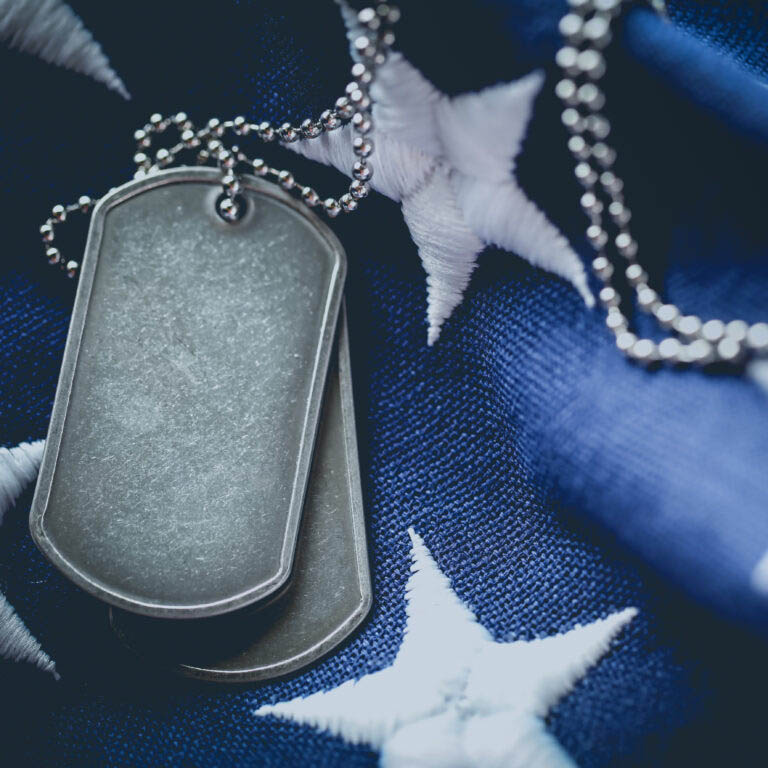
From Service Through Reentry: A Preliminary Assessment of Veterans in the Criminal Justice System
A preliminary assessment of the current evidence about American veterans’ interactions with the civilian criminal justice system reviews four categories: risk factors, transition from service, and the so-called front and back ends of the justice system.
Press Releases
Commission Members

Hon. Charles Hagel (Chair)
24th Secretary of Defense, U.S. Department of Defense, Former U.S. Senator (NE)
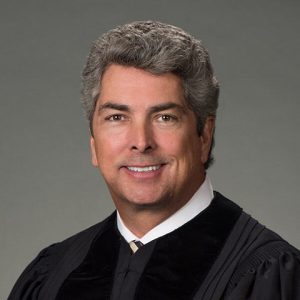
Michael P. Boggs
Chief Justice, Supreme Court of Georgia
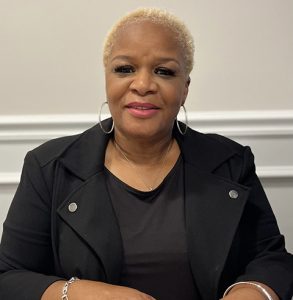
Carla Bugg
Criminal Justice Services Coordinator, Recover Organization of Support Specialists

Dr. Andrea Finlay, Ph.D. (Liaison)
Research Health Scientist, Veterans Administration Center for Innovation to Implementation

Pelicia Hall
Executive Vice President, ViaPath Technologies; Former Commissioner, Mississippi Department of Corrections
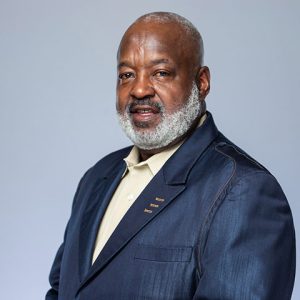
Greg Hamilton
Chief Customer Officer, CIVICTEC; Sheriff of Travis County, Austin, TX (ret.)
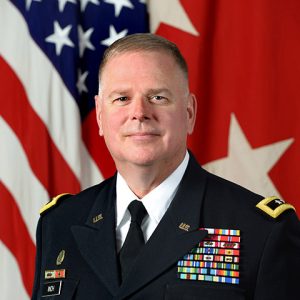
Major General Mark Inch
Corrections Consultant, Mark 2.54, LLC; 9th Director, Federal Bureau of Prisons; U.S. Army (ret.)
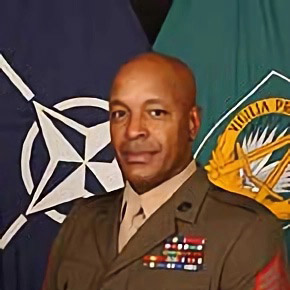
Sergeant Major Alford McMichael
14th Sergeant Major, U.S. Marine Corps (ret.)

General Maryanne Miller
United States Air Force (ret.)

Justice Eileen C. Moore
Associate Justice, California Court of Appeal; Army Nurse Corps, United States Army
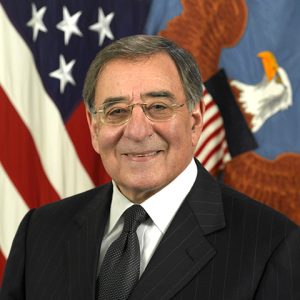
Hon. Leon Panetta
23rd Secretary of Defense, U.S. Department of Defense; Former White House Chief of Staff; Former U.S. Congressman (CA)
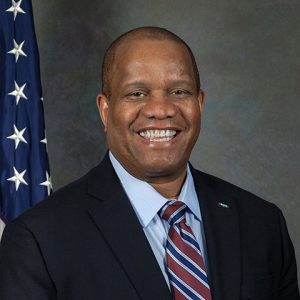
Vincent W. Patton III, Ed.D.
President, Northeast Maritime Institute Foundation; 8th Master Chief Petty Officer, U.S. Coast Guard (ret.)

Major General Angela Salinas
Chief Executive Officer, Girl Scouts of Southwest Texas; United States Marine Corps (ret.)

Dr. Ronald Self, Ph.D.
Founder and Executive Director, Veterans Healing Veterans from the Inside Out; Former U.S. Marine

Dr. Jo Sornborger, Psy.D.
Executive Director, Operation Mend, UCLA Health
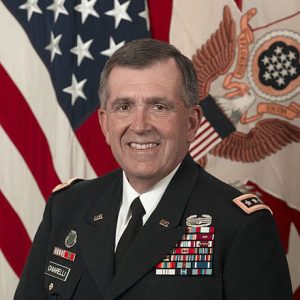
General Peter Chiarelli (senior Adviser)
Member, CCJ Board of Trustees; Vice Chief of Staff, U.S. Army (ret.)

Lindsey Kirchhoff
Senior Policy Specialist, Veterans Justice Commission
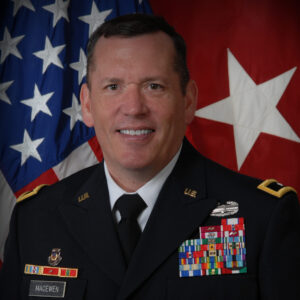
Brigadier General David "Mac" MacEwen
Director, Veterans Justice Commission

Jim Seward(Former Director)
Adjutant General, State of West Virginia; Former General Counsel to Gov. Dennis Daugaard (SD); Colonel, U.S. Army
Front-End Advisory Committee Members

Carla Bugg
Criminal Justice Services Coordinator, Recovery Organization of Support Specialists

Jac Charlier
Executive Director TASC, Inc. (Treatment for Alternatives for Safe Communities)

Greg Hamilton
Former Sheriff of Travis County, Austin, Texas; Chief Customer Officer, CIVICTEC

Matt Logan
Assistant Professor, Texas State University

Jim Lorraine
President and CEO, America's Warrior Partners

Meredith Mannebach
District Court Program Coordinator, Utah

Kathleen Meehan-Coop
Management Analyst, DeschutesSafe; Deschutes County DA's Office

Justice Eileen C. Moore
Associate Justice, California Court of Appeal

Barbara Pierce
Director Justice Initiatives, Crime and Justice Institute

Judge Robert Russell
Buffalo City Court (ret.); Founder, Nation's First Veterans Treatment Court

Ronald Self
Founder, Veterans Healing Veterans

Maureen Siedor
Legal Director, Swords to Plowshares

Theresa Thompson
Deputy Director, Upstate Warrior Solution

Scott Tirocchi
Division Director, Justice for Vets
Model Policy Framework Committee Members

Carla Bugg
Criminal Justice Services Coordinator, Recovery Organization of Support Specialists

John Choi
Attorney, Ramsey County

Ryan Else
Criminal Defense Attorney; Co-Founder, Veterans Defense Project; U.S. Army National Guard
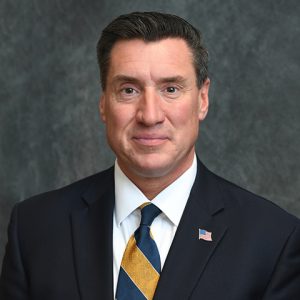
John Flynn
Attorney, Erie County District; President, NDAA; United States Navy

Pelicia Hall
Executive Vice President, ViaPath Technologies; Former Commissioner, Mississippi Department of Corrections

Greg Hamilton
Former Sheriff of Travis County, Austin, Texas; Chief Customer Officer, CIVICTEC

Brock Hunter
Criminal Defense Attorney; Co-Founder, Veterans Defense Project; U.S. Army Scout

Justice Eileen C. Moore
Associate Justice, California Court of Appeal
Transition Advisory Committee Members

Renee Burbank
Director of Litigation, National Veterans Legal Services Program

Hector Matascastillo
Director, Life Development Resources, PA

Carl Castro
Professor and Director of Military and Veterans Program, University of Southern California

Timothy Grammel
Attorney-Advisor, United States Army Trial Defense Service

Patricia Harris
General Counsel, Vietnam Veterans of America, Inc.
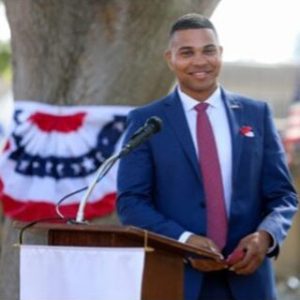
Chris Lawrence
Peace Officer, City of Chula Vista

Vic Martin
Director, San Diego County Veterans Coalition

Sergeant Major Alford L. McMichael
14th Sergeant Major of the U.S. Marine Corps (ret.)
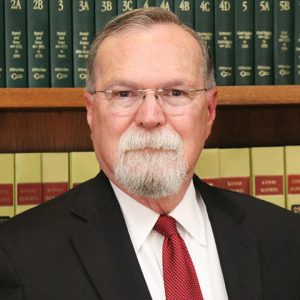
Lawton Nuss
Kansas Supreme Court Justice (ret.)
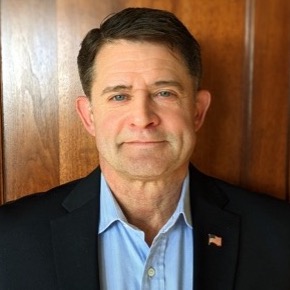
Col. William Ostlund
Founder, Tri-Lux Effects Based Outcomes, LLC

Vincent W. Patton III, Ed.D.
Senior Vice President for Leadership Development, NewDay USA; Master Chief Petty Officer of the U.S. Coast Guard (ret.)

Patricia Ross
Commissioner of Veterans Service, Georgia Department of Veterans Affairs

Dr. Jo Sornborger, PsyD
Executive Director, Operation Mend, UCLA Health

Syrita Steib
Founder and Executive Director, Operation Restoration

Maurice Wilson
Executive Director, National Veterans Transition Services, Inc.
Corrections and Reentry Advisory Committee Members

Giancarlo Cambrelén Santiago
Communications Manager, DC Justice Lab

Saydyie DeRosia
Victim Services Coordinator, Oregon Department of Corrections

Berlynn Flury
Director, Veterans Defense Project Board

Pelicia Hall
Executive Vice President, ViaPath Technologies; Former Commissioner, Mississippi Department of Corrections

Major General Mark Inch
Corrections Consultant, Mark 2.54, LLC; 9th Director, Federal Bureau of Prisons; U.S. Army (ret.)

Rob Jeffreys
Director, Nebraska Department of Correctional Services

Angela Johnson
Executive Director, Valor Village Foundation

Adam Luck
CEO, City Care

Steven Manley
Superior Court Judge, Santa Clara County
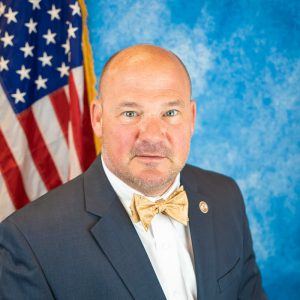
Michael Nail
Commissioner, Department of Community Supervision

Radha Sadacharan
Medical Expert, Idaho Department of Corrections

Ronald Self
Founder, Veterans Healing Veterans

Jack Tsai
Associate Professor Adjunct of Psychiatry; Research Director, National Center on Homelessness Among Veterans; Director, Yale Division of Mental Health Services and Treatment Outcomes Research

April Zamora
Division Director Reentry and Integration, Texas Department of Criminal Justice
Commission Advisers
Ryan Else – Criminal Defense Attorney
Brock Hunter – Criminal Defense Attorney
Robin Olsen – Principal Policy Associate, Justice Policy Center
Barbara Pierce – Director of Justice Initiatives, Crime and Justice Institute
Evan Seamone (in memoriam) – U.S. Army (ret.); Fellow, National Institute of Military Justice
Wesley Smith – Researcher, Texas Department of Corrections
About The Art
The banner design was created by an adult in custody designer in the Oregon Corrections Enterprises (OCE) Graphic Design program. The mission of OCE, in partnership with the Oregon Department of Corrections, is to promote public safety by providing adults in custody with work and training opportunities in a self-sustaining organization.
Supporters
Support for the Veterans Justice Commission comes from The Arthur M. Blank Family Foundation, Bank of America, Craig Newmark Philanthropies, The Just Trust, LinkedIn, Mr. and Mrs. Frederick W. Smith, May & Stanley Smith Charitable Trust, the National Football League, T. Denny Sanford, and the Wilf Family Foundation, as well as the John D. and Catherine T. MacArthur Foundation, Southern Company Foundation, #StartSmall, and other CCJ general operating contributors.





